#china
Lotus Posts $750 Million Loss for 2023 While Also Setting Sales Record
Lotus has reported a net loss of £594 million (about $751 million USD) for 2023. However the company actually had a good sales year, moving 6,970 vehicles in a twelve-month period. Lotus noted that sales ramped up in the final quarter of 2023, with the company seeing a 110-percent increase after the launch of the Lotus Eletre SUV. Though getting that vehicle, and other upcoming electric models, into production are one of the primary reasons for its crash burn.
China is Unhappy with the Inflation Reduction Act and Has Complained to the WTO
Among many other things, the Inflation Reduction Act changed the way EV tax credits work in the United States. With an eye on reducing America’s dependence on Chinese batteries and materials, the Act incentivizes automakers to source materials from free-trade-compliant countries and build EVs in North America. Now, China is expressing its unhappiness with the legislation by raising a dispute with the World Trade Organization.
Why Did Trump Propose a 100-Percent Tariff on Mexican Auto Imports?
Earlier this week, Donald Trump suggested that he would impose a 100 percent tariff on select automobiles manufactured in Mexico — sending the industry into a minor tizzy.
Having done some digging into the matter, Trump only appears to be targeting Chinese vehicles being manufactured south of the border. The statement was made during the “Buckeye Values PAC” rally in Dayton, Ohio, and comes after Chinese automaker BYD announced plans to build a production facility in Mexico. While most of the resulting vehicles are assumed to be electric, BYD has stated its intention is not to sell them within the United States.
White House Vows to Investigate Security Risks Posed by Foreign-Connected Vehicle Tech
On Thursday, the Biden administration announced plans to investigate the potential national security risks being confronted by American automakers and any threats posed by connected vehicle technologies controlled by foreign adversaries — including China.
China’s BYD Says Prospective Mexican Plant Won’t Export to U.S.
Chinese automaker BYD has been seeking to build an automotive plant in Mexico, with the company’s regional chief executive confirming the plan on Wednesday. CEO Stella Li has stated that BYD has yet to decide upon a final location. But that plan is for the site to boast a production capacity of 150,000 vehicles annually, with none being slated for export to the United States.
Senate Bill Seeks to Tariff Chinese Vehicles Out of Existence
This week, Senator Josh Hawley (R-MO) is introducing legislation to increase tariffs on imported Chinese vehicles this week with the stated goal of dealing with the “existential threat posed by China.”
The bill seeks to raise the base tariff rate from 2.5 percent to 100 percent, including vehicles owned by Chinese-based automakers that are assembled in places like Mexico. With Chinese exports already under a 27.5 percent tariff, the changes would effectively make those products prohibitively expensive.
Imported Audi, Porsche, and Bentley Models Held Back Over Forced Labor Allegations
Thousands of vehicles manufactured under the umbrella of Volkswagen Group are being held at U.S. ports for allegedly violating the Uyghur Forced Labor Prevention Act (UFLPA). Enacted in 2021, the law is supposed to prohibit the utilization of slave labor in Western China. While the impacted automakers include Porsche, Bentley and Audi, we’ve seen plenty of brands being accused of leveraging forced labor in the Xinjiang region of China, where the country is said to have forcibly concentrated the Uyghur ethnic minority.
Report: BYD Plotting New EV Factory in Mexico
China’s BYD is reportedly prepared to set up a new production facility in Mexico with the alleged plan to use the locale as an export hub for the United States.
Mexico has long been a convenient venue for automakers vying to sell products within the Western Hemisphere without having to pay the kind of salaries commensurate with higher living standards. American brands love sending jobs to Mexico, as does every other company interested in moving high volume models through North and South America. With BYD having previously voiced its global aspirations, setting up shop in El Águila Real seems like an obvious play.
Investigation Faults Ford Battery Supply Over National Security Issues
Following fears that Ford’s electric vehicle supply chain may represent a national security issue, concerned legislators are doubling down by outlining the path battery components are required to take in order to get here. On Monday, Rep. Mike Gallagher (R-WI) and Cathy McMorris Rodgers (R-WA) accused the automaker of having plans that required contracting technology and software firms with close ties to both the Chinese and North Korean governments.
China's Huawei Establishes ‘Smart Car’ Unit With Changan Auto
Huawei has announced it will continue becoming intertwined with the automotive sector after signing onto a joint venture with Chinese state-owned carmaker Changan Automobile. The telecommunications giant has established Shenzhen Yinwang Intelligent Technology with a registered capital of 1 billion yuan ($140 million USD) and a focus on smart car equipment manufacturing, artificial intelligence system integration services, and AI software development.
Report: Chinese Export Rule Changes Could Impact EV Battery Production
China has reportedly decided to place restrictions on exports of graphite, which could spell trouble for American EV manufacturers. Starting this month, the Chinese government requires permits for certain graphite products being exported. This includes synthetic and natural graphite meeting the necessary thresholds to be used on electric vehicle batteries.
Chinese Smartphone Company Previews First EV
Despite years of talk that Apple would eventually start building all-electric vehicles, China’s Xiaomi looks to have beaten the American brand to the punch by previewing the first production EV designed by an established consumer technology company. Though designed might be the wrong word to use as the front of the SU7 sedan appears to have been lifted off the McLaren 750 S while the back is pure Porsche Panamera.
Report: China’s Chery Considers U.S. Market Yet Again
Chinese state-owned automaker Chery is reportedly still looking to the United States as a possible point of expansion. But this isn’t the first time the brand has said so.
Chery had plans to break into our market back in 2005 and supposedly had things lined up to import a limited supply of its Exeed crossover in 2020 before the world went haywire. Things have been left intentionally vague this time around, with the company only saying that it would like to move product here eventually.
Volkswagen Temporarily Cutting Production of European EVs
Volkswagen intends to temporarily limit production of the SEAT Cupra Born and its very own ID.3 EV in October. The company has cited market forces as the cause, noting that its Zwickau and Dresden plants in Germany would be throttled down for a couple of weeks.
Lawmakers Demand Details On Ford’s Battery Partnership
The chairs of three U.S. House of Representatives committees have demanded Ford turn over documents pertaining to its partnership with Chinese battery company Contemporary Amperex Technology Co. Limited (CATL) while threatening to call in CEO Jim Farley to testify before Congress.
This comes after Ford elected to pause work on its $3.5-billion Michigan battery plant using technology. While the official reason given was that the facility may not be able to operate competitively depending on how contract negotiations progressed with the United Auto Workers, there seems to be members of Congress fretting over the prospect of U.S. tax subsidies benefiting Chinese businesses.



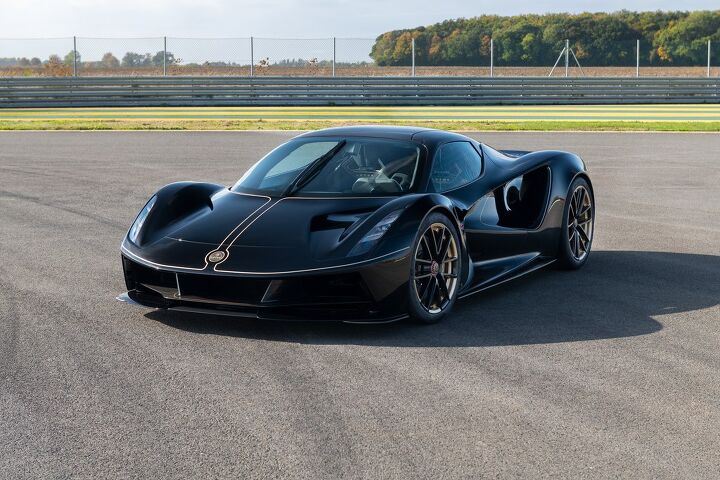
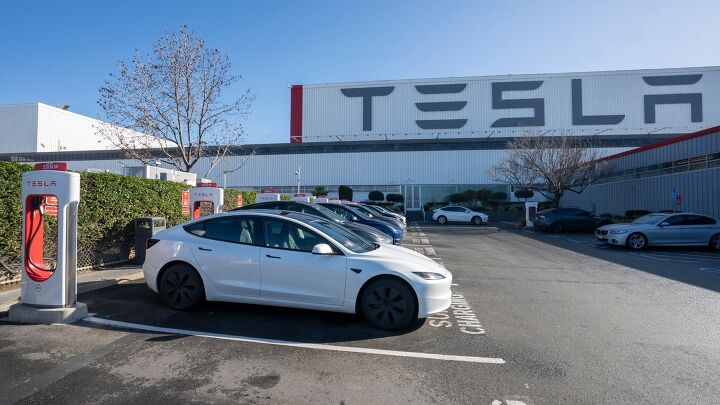
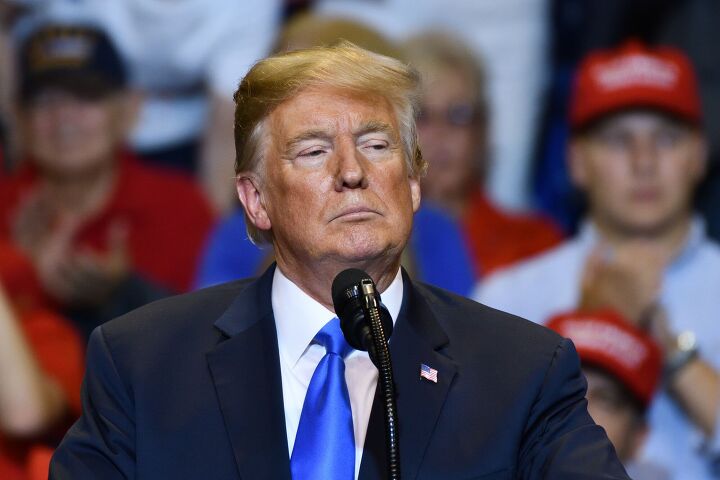
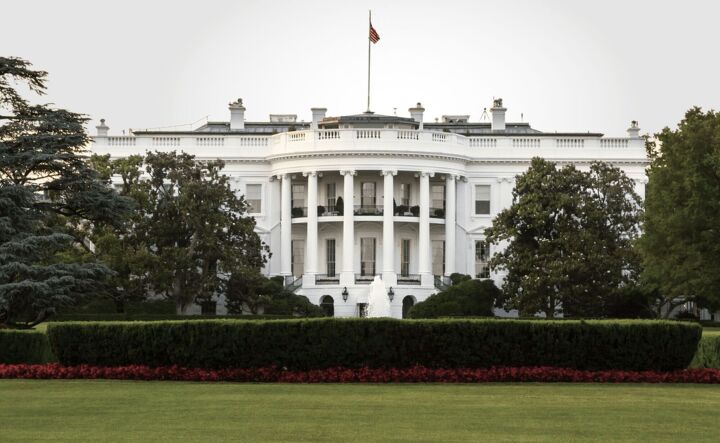
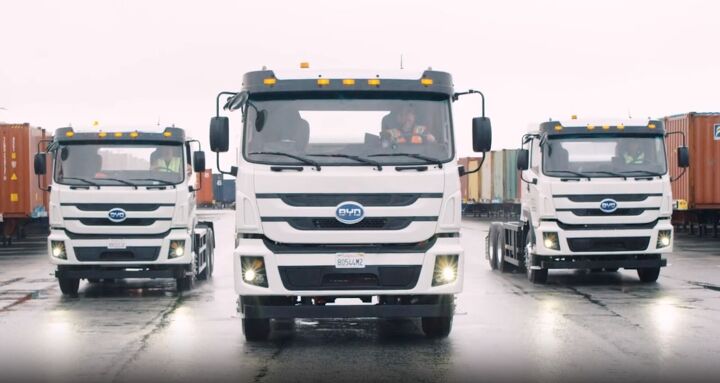
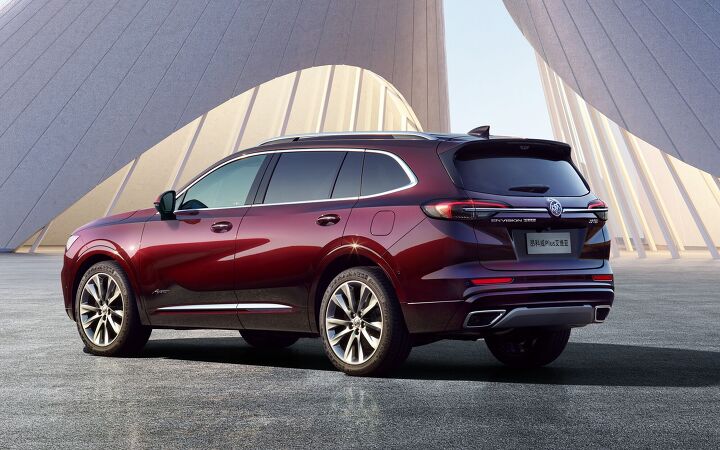
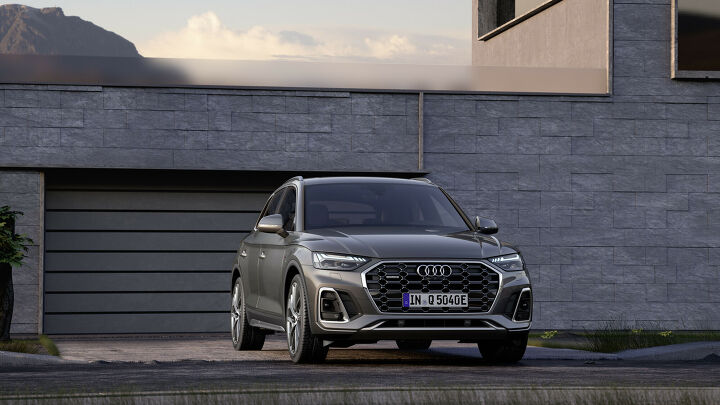
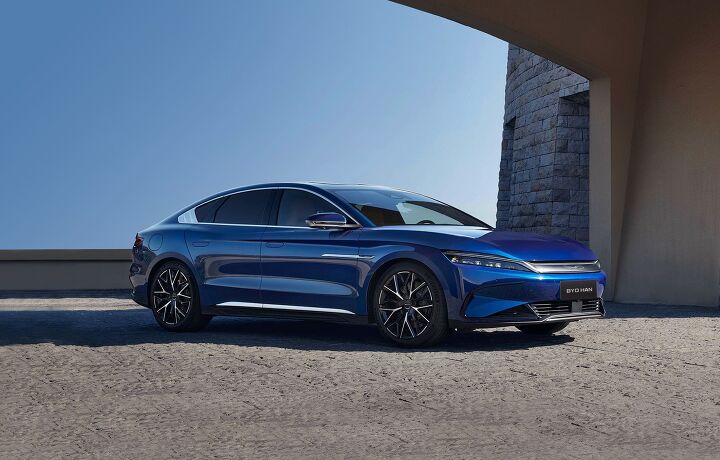
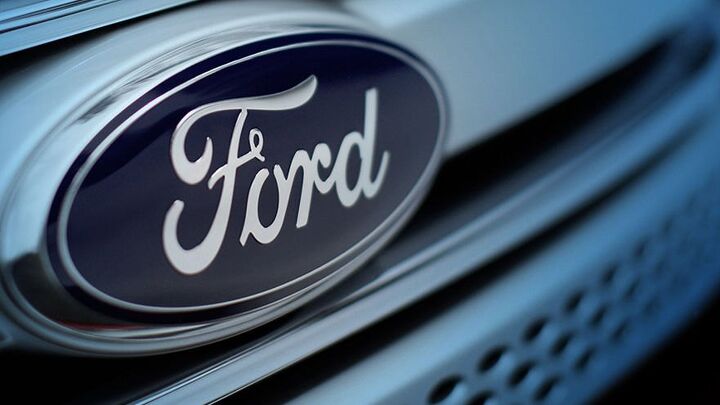
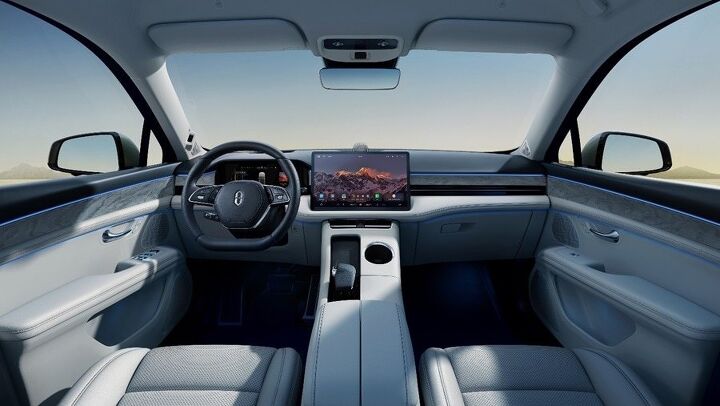
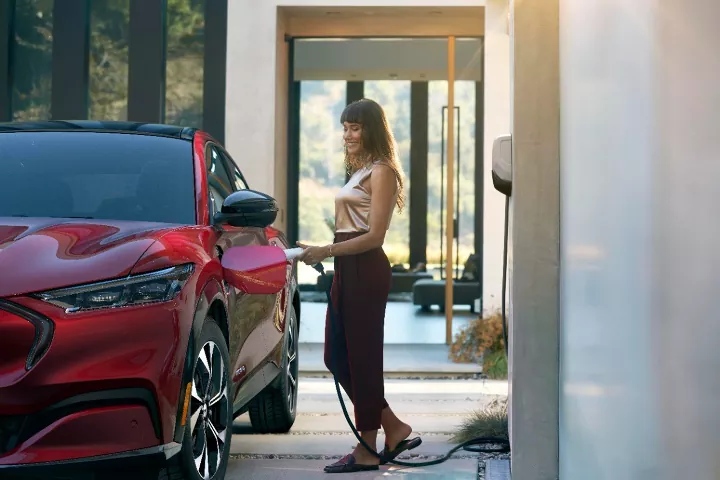

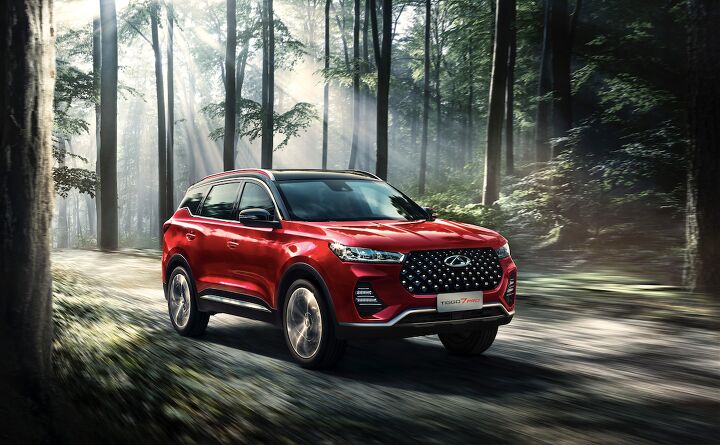
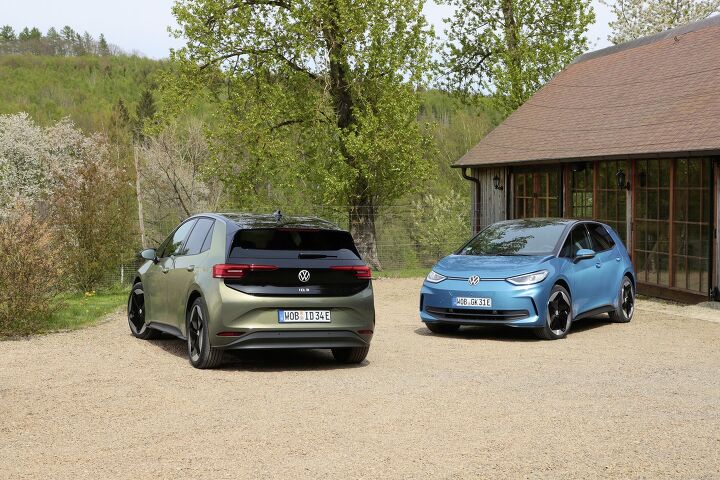
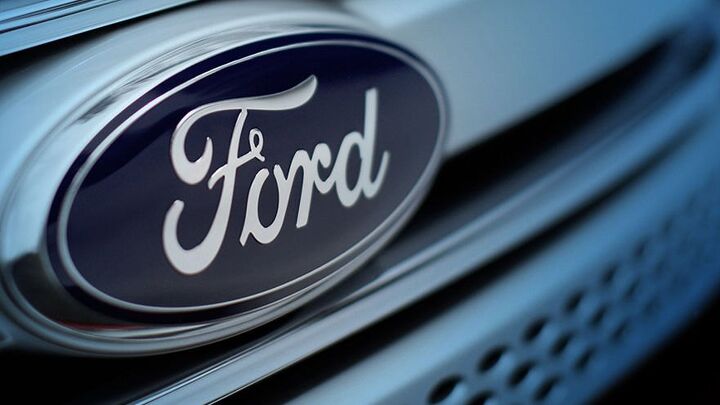












Recent Comments